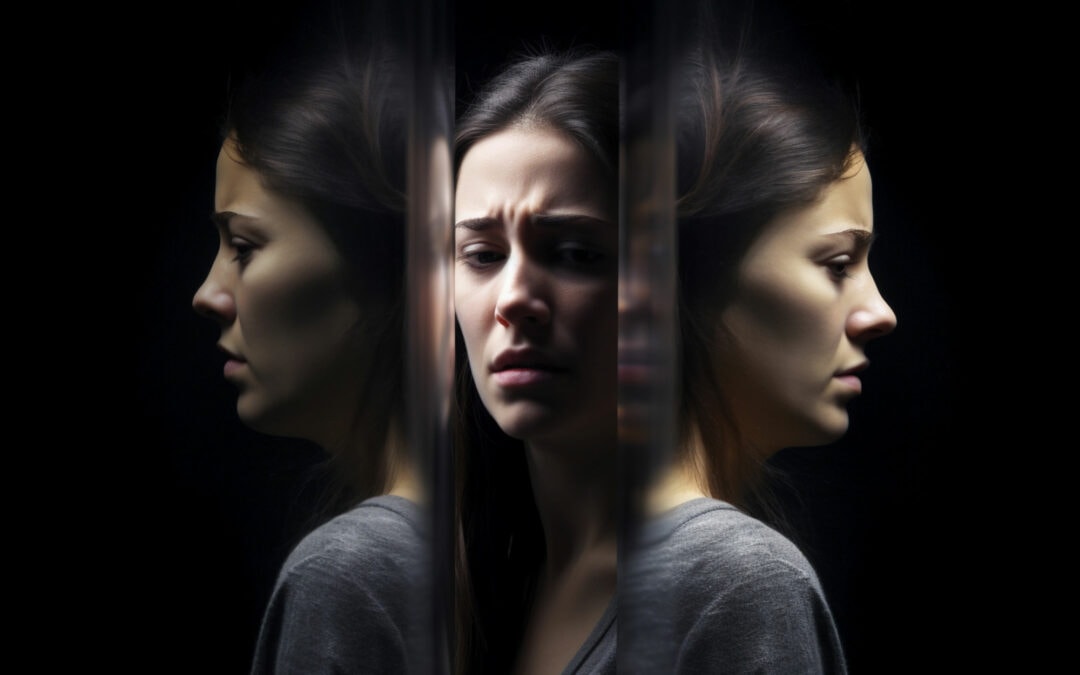Jennifer F. O’Connor, LCSW & Jenn Attaquin, LPC
With mental health education and the use of mental health language becoming more mainstream in today’s society and across social media, the true meaning of Bipolar Disorder and its symptoms is still a great unknown to many. Someone may have a few difficult days feeling “blah” or unmotivated, then feel better and more like themselves again, and describe themselves as “Bipolar” – but that is not Bipolar. Feeling more active in the morning and less at night is not Bipolar. Most people have high and low points of their days or weeks which may be impacted by multiple external factors such as poor sleep, a stressful job, interpersonal concerns, or grief. These experiences do not need to be stigmatized or described as a mental illness, as they are all normal parts of life.
The National Institute of Mental Health describes Bipolar Disorder or “Manic Depression” to be “characterized by dramatic shifts in mood, energy, and activity levels that affect a person’s ability to carry out day-to-day tasks. These shifts in mood and energy levels are more severe than the normal ups and downs that are experienced by everyone”. These shifts in mood/activity are typically cyclical and have a pattern, and vary in severity from person to person.
Symptoms of Bipolar Disorder can include but are not limited to:
Mania symptoms: Feeling very “up” or “high”, elated, or extremely irritable and on-edge. Feeling more energetic or “wired”, more active than usual, a decreased need for sleep without feeling tired, speaking faster than usual about various topics, or having racing thoughts. An excessive/increased interest in more pleasurable or risk-taking activities (i.e. sex, drugs/alcohol, spending, gambling, driving recklessly, etc.), or having an inflated self-image such as feeling more talented, powerful or important than usual (grandiosity).
Depressive symptoms: Feeling down, depressed, or sad. Feeling more restless, anxious, or fatigued. Trouble sleeping or unable to sleep (insomnia), or sleeping too much (hypersomnia), feeling more hopeless, worthless, or having suicidal thoughts. Forgetfulness, trouble concentrating or making decisions. More withdrawn or isolated from friends/family, trouble functioning or going to work/completing daily tasks.
If you think you may be experiencing a number of these symptoms, please know that help is available & recovery is possible. Feel free to reach out to ETHOS Treatment (267-669-0300) to schedule a comprehensive evaluation to determine a proper diagnosis and treatment recommendation. From medication management to various forms of therapy, Bipolar Disorder does not have to define who you are or how you function.
If you ever feel hopeless or suicidal, please call 911 or go to the closest emergency room.

